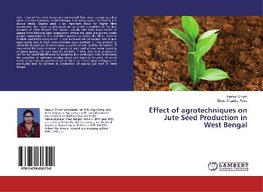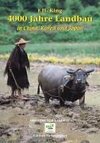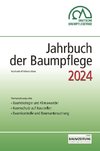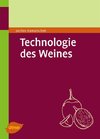
-
 Anglický jazyk
Anglický jazyk
Effect of agrotechniques on Jute Seed Production in West Bengal
Autor: Kasturi Ghosh
Jute is one of the most important commercial fibre crops occupying a key place in Indian economy. In West Bengal, it is mainly grown for fibre in the alluvial tracts. Quality seed is an important input for higher fibre production. But, these quality seeds... Viac o knihe
Na objednávku, dodanie 2-4 týždne
36.99 €
bežná cena: 41.10 €
O knihe
Jute is one of the most important commercial fibre crops occupying a key place in Indian economy. In West Bengal, it is mainly grown for fibre in the alluvial tracts. Quality seed is an important input for higher fibre production. But, these quality seeds are generally unavailable to the jute growers of West Bengal. The farmers usually met their requirement of seeeds from National seed corporation where the seeds are grown under proper supervision in the non-fibre producing states like Bihar, Andhra Pradesh and Maharastra which in turn increases the cultivation cost of jute significantly due to high transportation costs involved. If fibre producing states like Bengal can produce some quantity of jute seed by themselves, it may arrest the steep increase in prices of seed and at least some quantity of good quality jute seed may be available in time. Jute seed production can be increased significantly by adopting improved agronomic techniques like adoption of optimum sowing dates and topping (pruning of apical buds) at appropriate growth stage of the crop. These agrotechniques can eventually lead to increase in production of quality jute seed in West Bengal.
- Vydavateľstvo: LAP LAMBERT Academic Publishing
- Rok vydania: 2018
- Formát: Paperback
- Rozmer: 220 x 150 mm
- Jazyk: Anglický jazyk
- ISBN: 9783659606250

 Nemecký jazyk
Nemecký jazyk 









